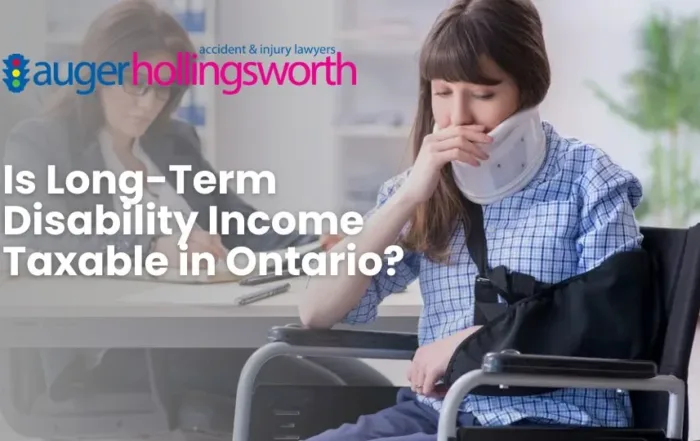Ottawa Injury Lawyer: Understanding the Glasgow Coma Scale
Ottawa Injury Lawyer: Understanding the Glasgow Coma Scale
If you or someone you know has been diagnosed with Traumatic Brain Injury (TBI) in Ottawa, you may have heard of the Glasgow Coma Scale (GCS), which is a system used by doctors to evaluate and diagnose the symptoms associated with TBI.
GCS: An Overview
GCS is a 15-point scale that helps doctors determine the severity of a patient’s brain injury.
Patients are evaluated in the following categories:
- Motor Response: Scores range from 1 (no motor response) to 6 (obeys commands fully)
- Verbal Response: Scores range from 1 (no verbal response) to 5 (alert, coherent, and oriented)
- Eye Opening Response: Scores range from 1 (no eye opening) to 4 (eyes opening spontaneously)
Interpreting GCS Results
The patient’s three scores are added up, and the final score helps to diagnose the injury.
Generally, the scores can be classified as follows:
13 to 15: Mild brain injury
9 to 12: Moderate brain injury
3 to 8: Severe brain injury
Many medical practitioners consider 8 to be the critical score, meaning that patients with a score less than or equal to 8 are often in a coma.
TBI Symptoms: Mild vs. Severe
A patient who receives a GCS score of 13 to 15 is typically diagnosed with a mild brain injury. Their symptoms, however, can still last one year or more and have a serious impact.
Common symptoms of mild TBI include:
– Fatigue
– Headaches
– Memory loss
– Dizziness or lack of balance
– Inability to concentrate or pay attention
– Seizures
– Mood changes, including irritability or feelings of depression
Patients who score less than 13 on the Glasgow Coma Scale are typically diagnosed with a moderate to severe brain injury. The symptoms of moderate or severe TBI are wide-ranging and can affect all areas of a patient’s life.
These symptoms may include:
– Difficulties speaking, concentrating, or remembering
– Loss of vision or blurred vision
– Loss of hearing or ringing in the ears
– Seizures
– Paralysis
– Chronic pain
– Sleep disorders
– Changes in appetite
– Emotional difficulties, including irritability, depression, aggression, or lack of awareness
Treatment and Recovery
GCS is an important tool in accurately diagnosing traumatic brain injury. Once the patient’s injury has been classified as mild, moderate, or severe, a proper course of treatment can prescribed. If you or someone you know has suffered from TBI as a result of an accident, be sure to consult an injury lawyer as part of your recovery process. A good injury lawyer can help you understand and settle the legal aspects of your injury.
To speak with an Ottawa personal injury lawyer at Auger Hollingsworth, please call us at +1 (613) 233-4529, email us at info@personalinjuryottawa.ca, or use our contact form.

"(Required)" indicates required fields


















